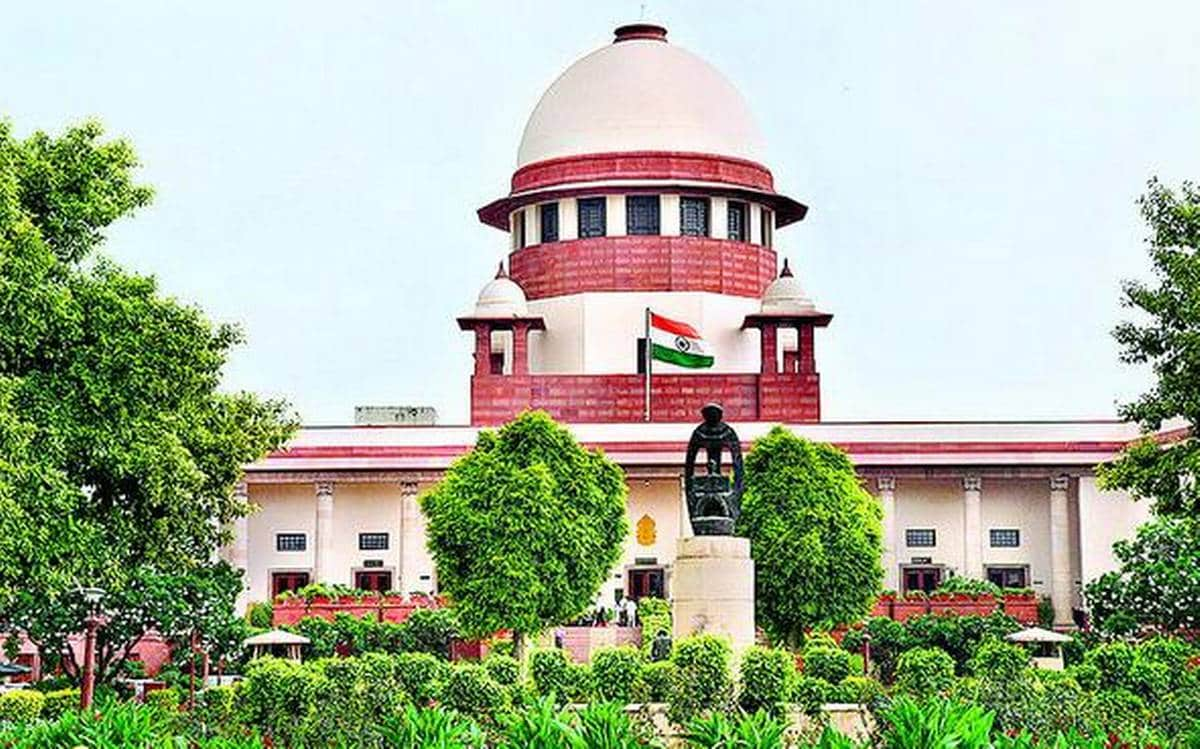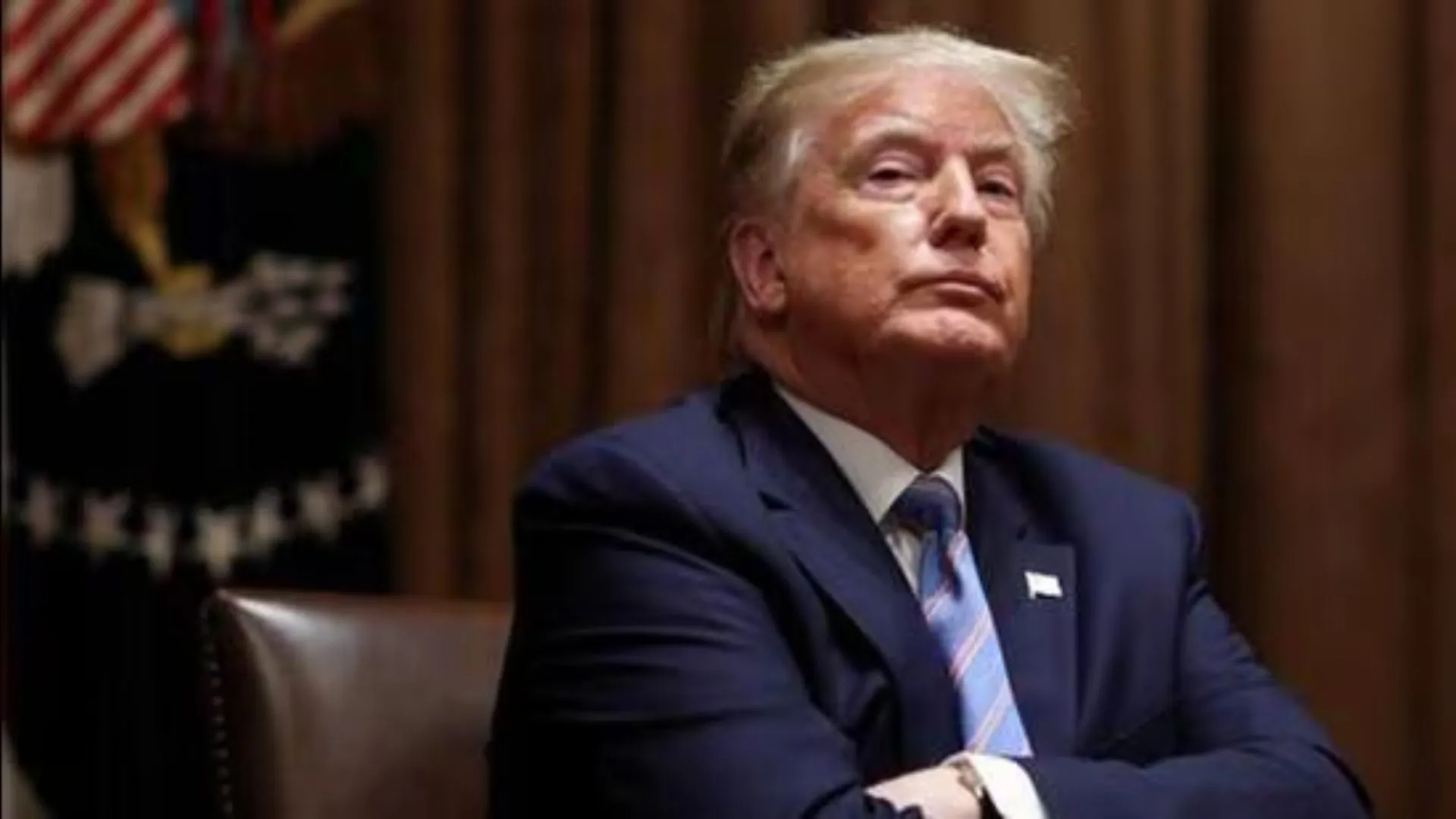The Supreme Court in the case Ambalal Parihar vs State of Rajasthan and ors observed and has stated that the judges should refrain from taking up cases not specifically assigned to them by the Chief Justice of the Court.
The court stated that if not, the roster notified by the Chief Justice will have no meaning.
The bench comprising of Justice Abhay S Oka and Justice Pankaj Mithal in the case observed and has stated that if the court allow such sharp practices, the roster notified by the Chief Justice will have no meaning. The judges need to follow discipline and ought not to take up any case unless it is specifically assigned by the Chief Justice. The Judge in the case can take up a case provided either the cases of that category have been assigned to him as per the notified roster or the particular case is specifically assigned by the Chief Justice. Thus, while taking up a case not specifically assigned by the Chief Justice is an act of gross impropriety.
The Apex Court in the case stated that taking up the cases which are not assigned by the Chief Justice is an act of ‘gross impropriety’.
Inn the present case, the court made the sharp remarks were made by the Apex Court with regard to an order passed by the High Court of Rajasthan in a civil writ petition praying for clubbing of certain First Information Reports, FIR.
The High Court in the case observed and has granted interim relief by directing that no coercive action shall be taken against the accused persons concerned.
The said court also heavily came down on the accused persons, who had approached the High Court with the civil petition after they were denied interim relief by another judge of the High Court in the Criminal Miscellaneous Petitions moved by them for quashing the FIRs as stated under Section 482 of the Code of Criminal Procedure, CrPC.
Therefore, the court term the action of the 2nd to 4th respondents a ‘gross abuse of process of law’ and a ‘classic case of forum hunting’.
The court stated while imposing a cost for an amount of Rs. 50,000/- on the 2nd to 4th Respondent as it being the fit case where the second to fourth respondents must be saddled with costs.
The Supreme Court while considering the facts and circumstances of the case stated that the conduct of the 2nd to 4th Respondents needed to be brought to the notice of the concerned Court hearing petitions under Section 482 CrPC filed by the second to fourth respondents for quashing the FIRs against them.
The counsel, Adv. Ashutosh Shekhar Paarcha, Adv. Neha Kapoor, and Adv. Milind Kumar appeared for the State of Rajasthan.
The counsel, Adv. Pranab Prakash and Adv. Yash Chaturvedi appeared for the informant. The counsel, Adv. Sanyat Lodha, Adv. Sanjana Saddy, and Adv. Surbhi Arora represented the Respondents 2 to 4 (the accused).

















